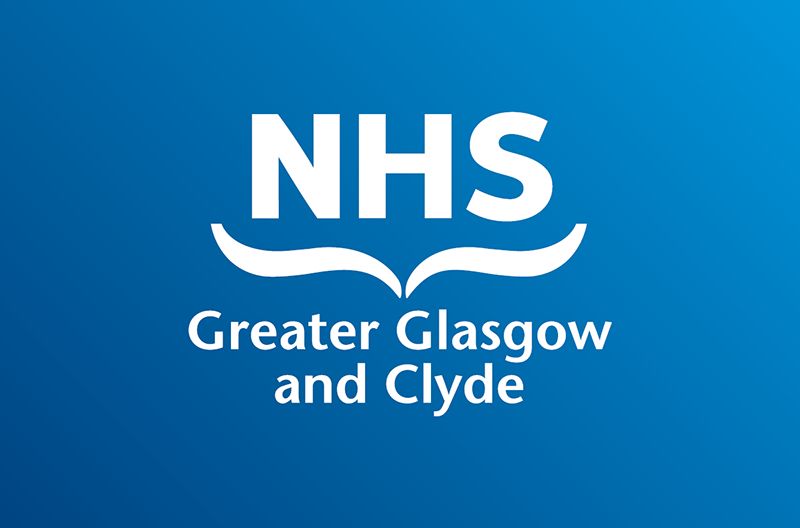Independent report finds that NHS Greater Glasgow and Clyde must repair relationships to improve care

A wide ranging and comprehensive independent review of emergency departments within NHS Greater Glasgow and Clyde has found a system under pressure, where unacceptable practices such as patients waiting on trolleys in corridors, have become normalised.
The report published by Healthcare Improvement Scotland concludes that relationships need to be repaired between various groups of staff, supported by compassionate leadership. The poor relationships highlighted in the review are impeding the NHS board’s ability to address the problems – this was particularly prominent within the Queen Elizabeth University Hospital. The report finds that a culture of “disrespectful behaviours, poor teamwork and incivility” is having a negative impact on staff morale and wellbeing, and it is likely having a detrimental impact on patient care.
The report makes 30 recommendations for NHS Greater Glasgow and Clyde, but the findings also have national implications with a further 11 recommendations for Scottish Government and national agencies.
The review – chaired by experienced, independent experts Dr Pamela Johnston and Professor Hazel Borland – was carried out as a result of concerns raised by a group of emergency department clinicians at Queen Elizabeth University Hospital, who believed that patient care was being compromised and that their concerns were not being listened to.
“NHS Greater Glasgow and Clyde needs to take a whole system approach across urgent and unscheduled care. This strategy needs to start with everyone working collaboratively and respectfully to address the issues before them.”
Co-Chair, NHS Greater Glasgow and Clyde Emergency Department review
Speaking of the review report and its findings, Dr Pamela Johnston, Co-Chair of the review, said:
“It was clear that every member of staff we spoke to at all levels of the organisation was committed to delivering high quality and safe care, and shared the ambition to improve the current situation for patients. However, when staff do not feel valued and respected, goodwill is eroded. To resolve this complex problem NHS Greater Glasgow and Clyde needs to take a whole system approach across urgent and unscheduled care. This strategy needs to start with everyone working collaboratively and respectfully to address the issues before them.”
The review provides an analysis of the key challenges facing the main receiving emergency departments in NHS Greater Glasgow and Clyde at the Queen Elizabeth University Hospital, the Royal Alexandra Hospital and the Glasgow Royal Infirmary. The review focused on three key areas: patient experience, quality of care and patient safety, and leadership and culture. The review team considered a range of data and information, and their work was also informed by engagement with both staff and patients. The review was led by two independent co-chairs with significant clinical experience.
The review found:
- Crowding and poor patient flow in the emergency departments across NHS Greater Glasgow and Clyde
- The lack of a co-ordinated strategy to improving patient flow within the whole system of health and social care
- Serious concerns raised by staff about insufficient management support to frontline staff
- Senior leadership not visibly and actively engaged in addressing the serious challenges in emergency departments
- A lack of compassionate, respectful and positive leadership at all levels of the organisation, especially in responding to concerns raised by staff
- An unacceptable normalisation of care in non-standard bed areas (such as in emergency department corridors and other ward spaces) in Glasgow Royal Infirmary and the Royal Alexandra Hospital
- A normalisation of ambulance stacking at the Queen Elizabeth University Hospital as a solution for emergency department crowding
- The majority of patients that responded to a survey carried out for the review, and that had received care within the three emergency departments, reported a largely positive experience of care.
“It was important to us that this report was of value to the whole health and care system across Scotland, and that patients and staff across the country could benefit from this work.”
Chief Executive, Healthcare Improvement Scotland
The review group also consisted of an external reference group, chaired by Sir Lewis Ritchie OBE FRSE. The group acted as a consultative body providing expert advice, and specialist knowledge and expertise.
Sir Lewis noted that he was most grateful for the significant time, commitment and expertise of all colleagues who worked to support and deliver this comprehensive review of emergency departments at NHS Greater Glasgow and Clyde.
He said:
“Effective implementation of the recommendations will help to deliver better care for patients and improve the support and wellbeing of our dedicated health and care professional colleagues.”
Robbie Pearson, Chief Executive of Healthcare Improvement Scotland, said:
“It was important to us that this report was of value to the whole health and care system across Scotland, and that patients and staff across the country could benefit from this work. As a result, this report is one of the most far-reaching and comprehensive reviews we’ve undertaken, in terms of the breadth of evidence we’ve analysed, and the number of patients and staff that we engaged with. Moreover, we believe that the recommendations – including those that sit with our organisation to take forward – are the right ones to help deliver better patient care, both locally and at a national level, and supported by a positive culture where everyone works together to solve problems.”
